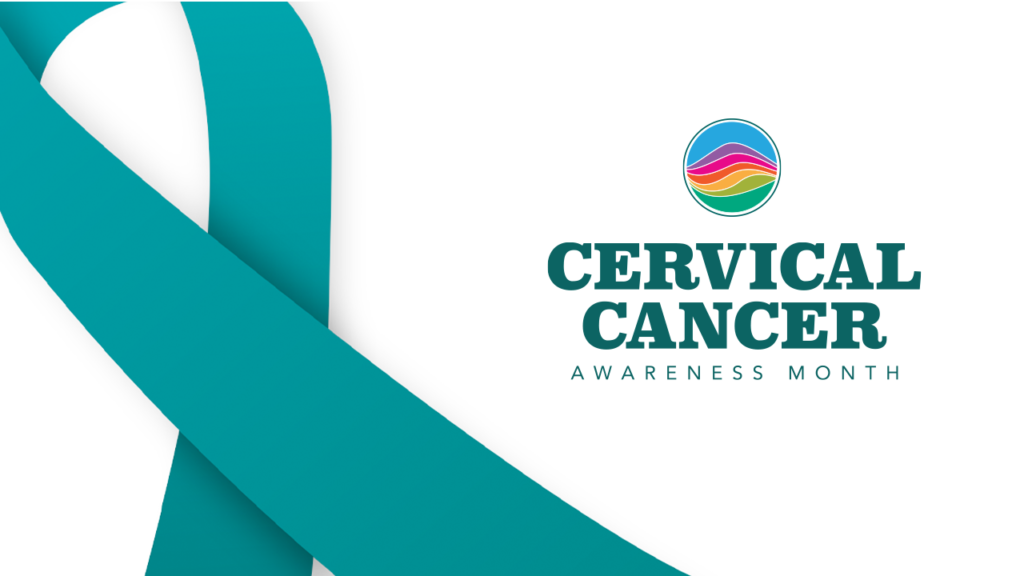Cervical cancer is one of the most preventable forms of cancer, yet today it still claims the lives of thousands of women globally. It’s a silent killer that demands our attention and action. Let’s get informed because awareness can save lives.
In global health, cervical cancer stands as a formidable adversary. It’s the third most common cancer among women worldwide and tops the list of gynecological cancers in Ghana. This insidious disease originates in the cervix, the passage connecting the uterus and vagina, causing normal cells to transform into abnormal cells.. The chief culprit? Human papillomavirus (HPV), a sexually transmitted virus implicated in about 99% of cervical cancer cases.
Several other factors also play a role in the disease’s onset, including family history, numerous sexual partners, immune suppression, advanced age, oral contraceptive use, and smoking.
Recognizing the Silent Invader
Abnormal vaginal bleeding, usually after intercourse, is often the first sign of trouble. Other symptoms may include a foul-smelling vaginal discharge, irregular menses, post-menopausal bleeding, weight loss, pelvic or abdominal pain
Early on, a physical examination may reveal little. However, as the disease advances, the cervix may take on an unusual appearance, presenting lesions, masses, or ulcers. A routine Pap test is often the first to raise the alarm, uncovering abnormal results during screening.
Treatment and Management
Tackling cervical cancer requires a team of specialists, including gynecologic oncologists, radiation oncologists, and medical oncologists. The treatment strategy varies based on the stage of the disease, which can range from stage I to stage IVb. For early invasive cancer, surgery is the treatment of choice. In more advanced cases, a combination of radiation and chemotherapy is the current standard of care.
Prevention: Our Best Defense
The old adage that prevention is better than cure rings true, especially for cervical cancer. Any woman from age 9 to 45 should prioritize cervical cancer prevention.
The most effective shield against cervical cancer is vaccination against HPV, especially for women aged 9 to 14. Cervarix and Gardasil are readily available vaccines.
Regular screening is also a crucial preventive measure, as it can detect cervical-related diseases, which, when treated, can prevent cervical cancer. The commonest screening test is the Pap smear which is available at any reproductive clinic.
Safe sex practices, such as condom use, avoiding having sex at a young age, and sticking to one sexual partner also form part of these preventive strategies.
Remember: Get Informed, Get Screened, Get Vaccinated
